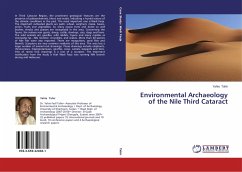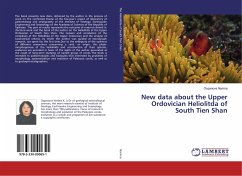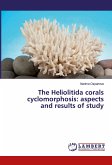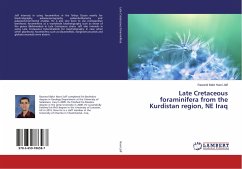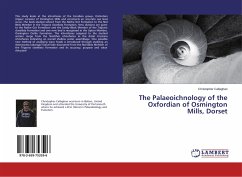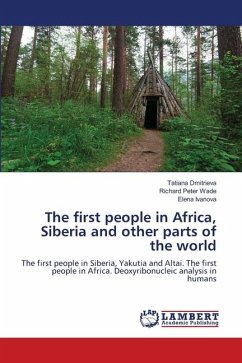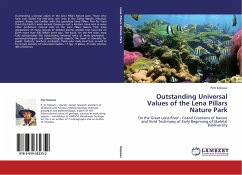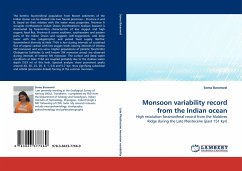In Third Cataract Region, the prominent geological features are the presence of paleaochannels, khors and wadis, indicating a humid nature of the climatic conditions in the past. The most important one is Wadi Farja. The important cultivated plants are palm, wheat, sorghum, maize, beans, onion, fruits and vegetables. So many acacia trees and dome as well bushes, shrubs and grasses are recognized in the area. Concerning the fauna, the natives rear goats, sheep, cattle, donkeys, cats, dogs and hens. The wild animals are gazelles, wild rabbits, hyena and many reptiles as Uromastyx Sp., Nile monitor, crocodiles, and snakes. More than 40 species of Nile fish were also reported. There are mosquitoes, sand flies and Nemitti. Scorpions are very common residents of this area. The area has a large number of animal rock drawings. These drawings include elephants, rhinoceroses, hippopotamuses, giraffes, cows, camels, leopards and lions. One of rarest rock drawings is a one of a scorpion. Theimportant notification from the study is that Wadi Farja was running Nile branch during mid Holocene.
Bitte wählen Sie Ihr Anliegen aus.
Rechnungen
Retourenschein anfordern
Bestellstatus
Storno

